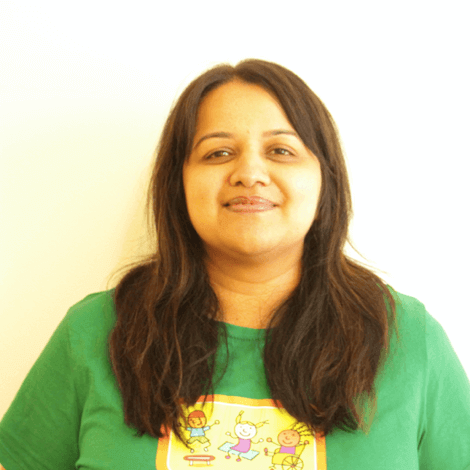Treatment usually begins when a child with autism is diagnosed, which is generally not until two years old. According to a study published in the journal Lancet Child and Adolescent Health, therapies provided to newborns before they obtain a diagnosis may lead to considerable increases in their language ability.
However, recent research reveals that it may also aid newborns who exhibit early indications of autism. Compared to their peers who did not undergo the treatment, toddlers with autism comprehend and utter an average of 37 more words.
Child-Centred Approach
The babies who received therapy during the first 10 months of their lives showed significant improvements in receptive and expressive language skills, according to researchers from the University of Washington and Seattle Children’s Hospital. They tested infants with a high risk of autism based on family history and characteristics.
“The beauty of this method is that it is fully child-centred,” said lead author Liliana Cortes, a University of Washington researcher who also works at Seattle Children’s Hospital. “We have a huge staff of therapists and psychologists that work with the family to assist them to comprehend the baby’s behaviour and build ways to communicate with them. The baby’s behaviour begins to alter after approximately five weeks, and we begin to notice long-term, important changes.”
A therapy that teaches parents to play and speak with their babies to advance their language skills is effective for children with autism. The study was small, involving only 47 babies with an average age of 10 months, but the results are promising.
According to the Centers for Disease Control and Prevention, autism spectrum disorder affects 1.5 per cent of children under the age of eight and is four times more common in males. According to the findings, newborns with autism have the same language delay as children without autism, which is reflected in their early development.
Impact of Early Detection
According to researchers at the University of Bristol, early diagnosis of autism affects the language development in the brain of newborns who have comparable traits to individuals with autism. The capacity to communicate is crucial to our social relationships, and we believe it is a critical feature that distinguishes humans from animals.
The researchers are undertaking a follow-up study with older children who have undergone the treatment to see whether it improves cognitive and behavioural outcomes. According to Michele Malizia, an associate professor of special education at the University of Washington, they will also develop the treatment for older children to boost their linguistic and social abilities. “If their kid isn’t acquiring a language or social skills at a usual pace, parents should schedule an examination.”
Conclusion
The first signs of autism usually appear when a child is 12-18 months old. This is the early developmental stage when a child usually should be talking. If your child shows a lack of interest in other people, pauses in babbling or gesturing or does not point at objects to get your attention, then they may have autism. The good news is, while there’s no treatment to reverse the brain changes caused by autism, early detection can help improve language skills of children diagnosed with autism.
Cloud Nine Therapy Services is an occupational therapy clinic that focuses on children as its primary clientele. Children in Blacktown, Castle Hill, Glenwood, Parramatta and elsewhere in Sydney may turn to us for a wide variety of evidence-based occupational therapy treatments. If you’re searching for a paediatric occupational therapist in Sydney, get in touch with us today!


